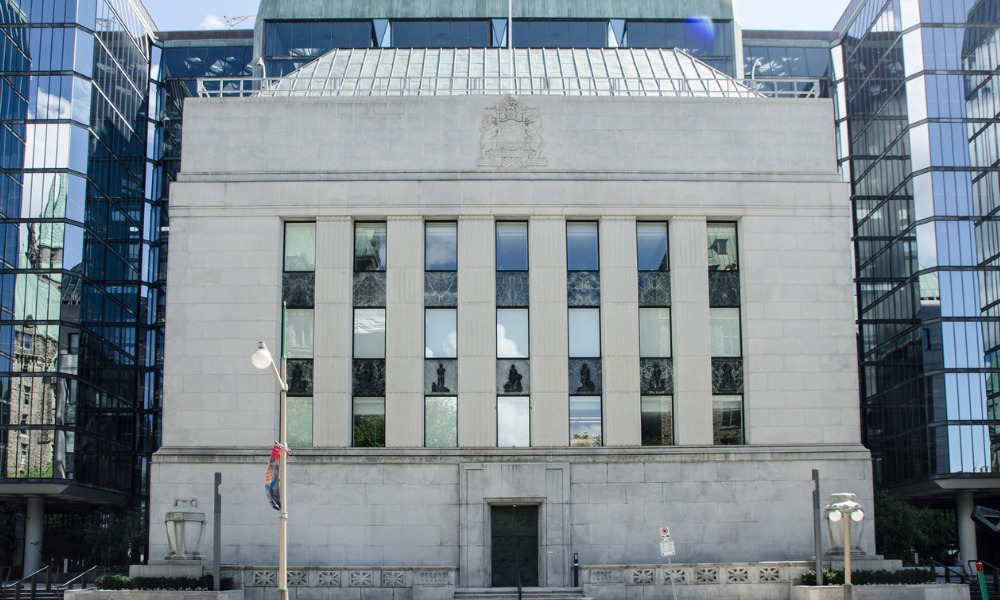BoC reveals improved business and consumer sentiment in Q1, as Canada anticipates interest rate cuts

The Bank of Canada reports that business and consumer sentiment has shown signs of improvement in the first quarter of the year, as captured by its business outlook and consumer expectations surveys released on Monday.
This shift toward a more optimistic view comes amid expectations of impending interest rate cuts, even though the economy continues to feel the pressure from higher interest rates, according to BNN Bloomberg.
Businesses have highlighted a persistently weak demand but noted positive trends in the indicators of business conditions, sales outlook, and employment intentions, marking an end to several quarters of decline.
The Bank of Canada attributes these improved expectations to factors such as population growth, initiatives to tap into new markets or launch new products, and the anticipation of reduced interest rates over the coming 12 months.
On the consumer front, the sentiment is somewhat mixed. High inflation and interest rates have led nearly two-thirds of Canadian consumers to reduce or delay their spending.
However, there is a growing sentiment among consumers that the economic outlook is becoming less bleak, fostered by the expectation that interest rates will soon decrease.
This has led to an improvement in consumer sentiment, with individuals feeling somewhat more optimistic about the economy's direction and their financial circumstances, and fewer people believing they will need to cut back or defer their spending further.
In terms of employment, workers maintain a positive outlook on the job market and anticipate strong wage growth, despite emerging indications that the labour market may be softening.
Following a significant increase in inflation after the pandemic, the Bank of Canada initiated a series of rapid interest rate hikes, elevating its key interest rate target to five percent, a level not seen since 2001.
As inflation begins to subside and economic growth remains subdued, forecasters are widely predicting the central bank to start reducing its policy rate around mid-year.
February saw Canada's annual inflation rate drop to 2.8 percent. Despite businesses lowering their short-term inflation expectations, consumers' expectations have largely stayed the same, influenced by their personal experiences with price changes in frequently purchased items like food and gas.
The Bank of Canada is expected to announce its next interest rate decision on April 10, with stakeholders keenly awaiting any adjustments that could signal the bank's response to the current economic conditions.



